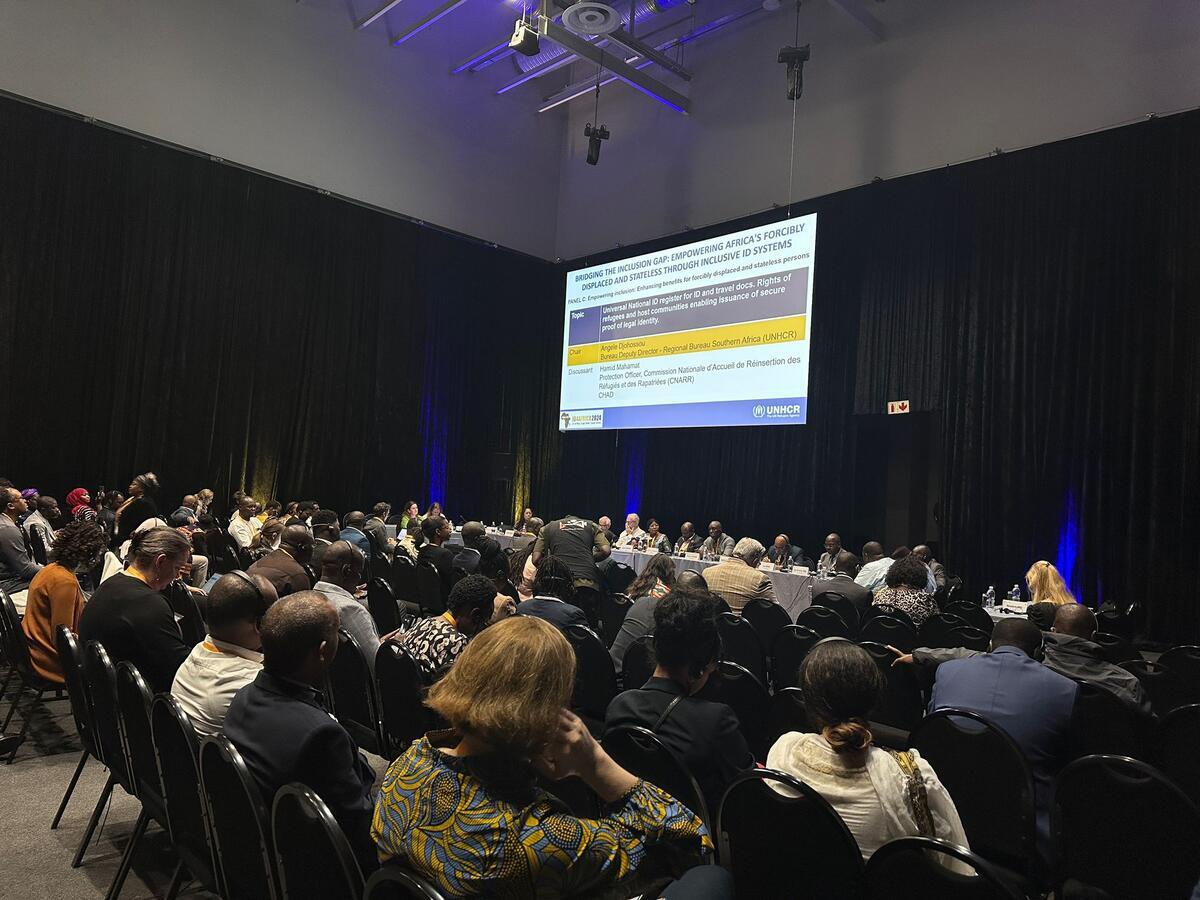West Africa: Deputy High Commissioner to give press briefing tomorrow
West Africa: Deputy High Commissioner to give press briefing tomorrow
As some of you requested last week, Deputy High Commissioner Mary Ann Wyrsch will give a press briefing tomorrow (Wednesday, 29 Jan.) here in Salle III at 11:30 a.m. on her just-concluded 11-day mission to West Africa.
In the region, meanwhile, UNHCR operations are currently halted in Côte d'Ivoire as a temporary precautionary measure following the recent unrest. Violent protests in Abidjan and a general climate of insecurity have led our security officers to instruct all staff to remain at home until the situation calms.
The emergency operation for the return of Liberians from Tabou, in the south-west, has also been put on hold. Up to last Saturday, UNHCR had been able to repatriate some 900 Liberians. The operation has been done by bus and then boat across the Cavaly River to Harper in Liberia, where UNHCR staff assist the returnees in a transit camp.
Liberian refugees continue coming to our Tabou office to be registered on the next convoys leaving for Liberia. UNHCR has been rehabilitating a transit centre in Tabou to accommodate applicants waiting to go home to Liberia. The centre is still to be fitted with a proper water system and generator, but should be operational soon.
In addition to the 900 we have brought back to Liberia from Tabou, a total of 70,000 persons have crossed spontaneously into Liberia since mid-November, including close to 40,000 Liberians, 25,000 Ivorians and 5,000 other nationals.
As she was ending her 11-day tour of the region, Deputy High Commissioner Wyrsch said on Saturday that it was sad to see that refugees were choosing to return because of fear for their safety in the host country. UNHCR, she said, had so far received little regional assistance in finding other solutions, such as alternative sites.
UNHCR estimates that there are still up to 40,000 Liberian refugees living in Côte d'Ivoire along the western border with Liberia, including 5,000-8,000 at Nicla camp who are particularly vulnerable because of their ethnic background and who cannot return to Liberia.







